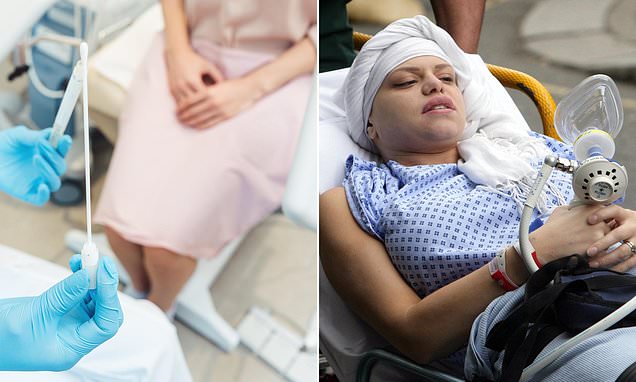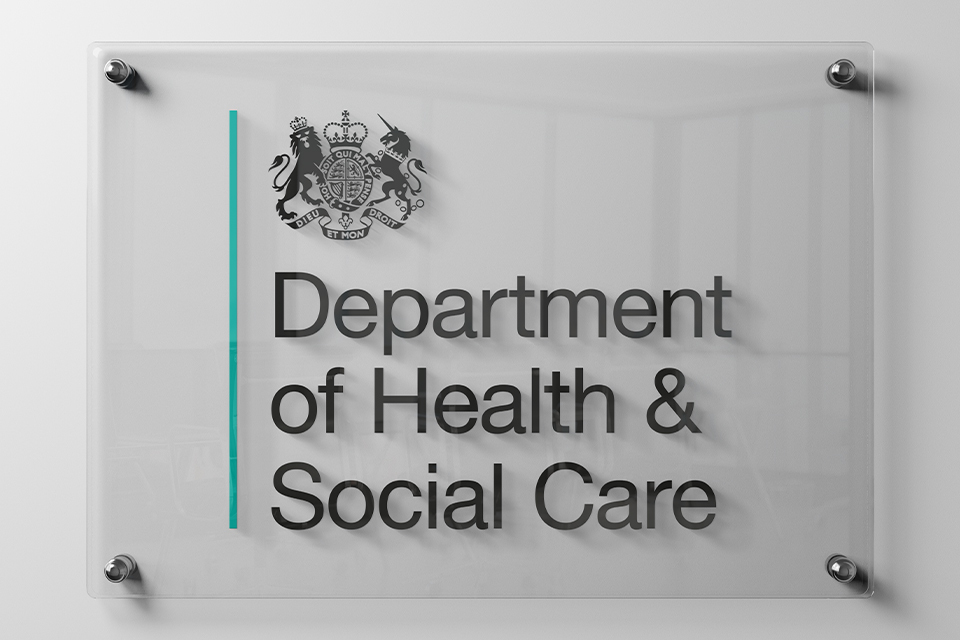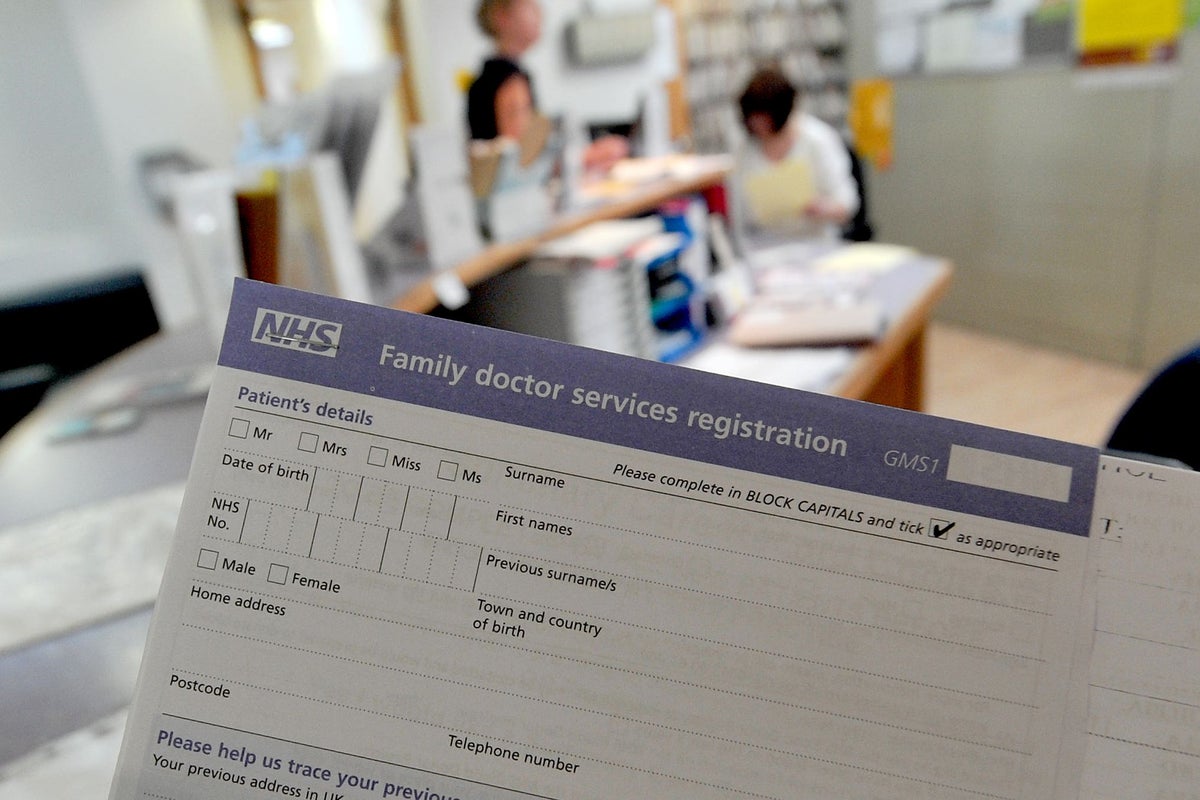If HPV is detected, checks are repeatedly annually, with further investigations if any cell abnormalities are found. More regular screening is also offered to those with a recent history of HPV.
Under the new system, checks on those with positive results will remain as regular.
But the standard gap for those who test negative will extend from three years to five for women aged 25 to 49.
This puts it in line with the gap for older women, in a similar approach to that adopted by Australia, the Netherlands and Sweden.
Under the NHS plan, if a woman aged between 25 and 49 had a negative result, but previously had a positive test, they would still get a test three years later.
Health chiefs said the new approach was more “personalised” than previous approaches.
Screening will also continue to be offered to trans men if they still have a cervix.
The NHS has this week rolled-out digital invitations and reminders for cervical screening via the NHS App, as part of a new “ping and book” service to boost uptake and help save thousands of lives.
Eligible women will first receive a notification through the app to alert them to book a screening appointment, followed by a text message if the app notification is not opened. Letters will remain in place for those who need them.
DIY tests
It comes as the health service prepares to roll out DIY tests allowing women to “self-sample” at home if the prefer.
Health officials have said such tests could be rolled out as soon as January if the move is recommended by the UK National Screening Committee.
The self-checks will allow those who do not attend appointments the option to do their own tests at home, ordering the kit on the app.
The NHS said the rollout of testing, which is far more accurate than older methods, means women will be able to safely have longer gaps between screening.
Studies have shown that if a patient tests negative for HPV they are extremely unlikely to go on to develop cervical cancer within the next decade.
Research on a pilot scheme involving 1.3 million women, led by King’s College London researchers and published in the BMJ in 2022, showed that five-yearly screening is as safe as three-yearly, that the same number of cancers are found and less frequent cervical screening tests are needed.
It comes after they considered evidence, including a 2022 study of 1.3 million women in England.
Some other countries, including Wales and Scotland, have already extended the gap to five years, after it was recommended by the UK National Screening Committee in 2019.
Other countries have gone further. In Sweden, women aged 23 to 49 have checks every five years with seven year intervals for those aged 50 to 70.
In the Netherlands, women are invited for screening every five years from the age of 30.




